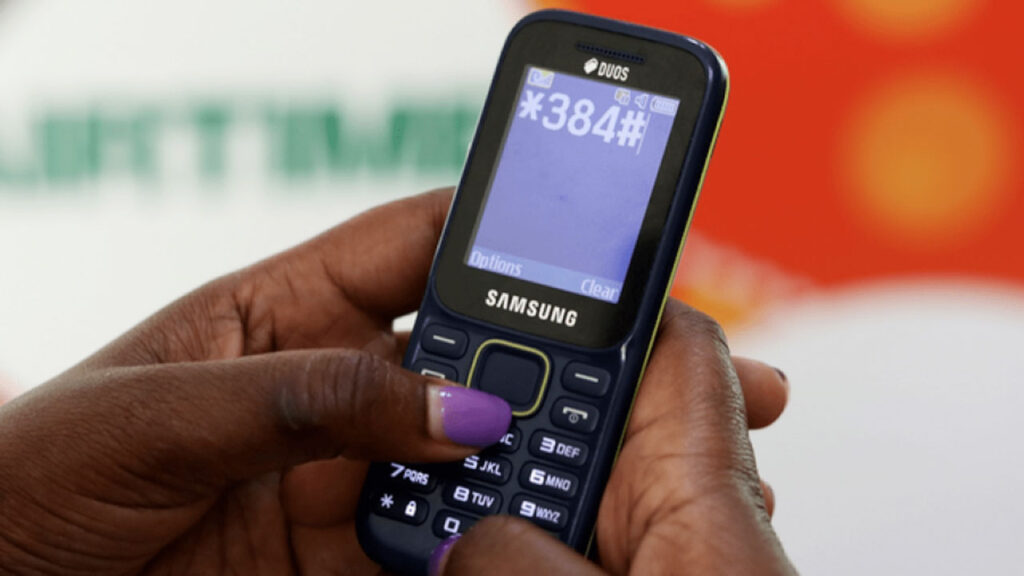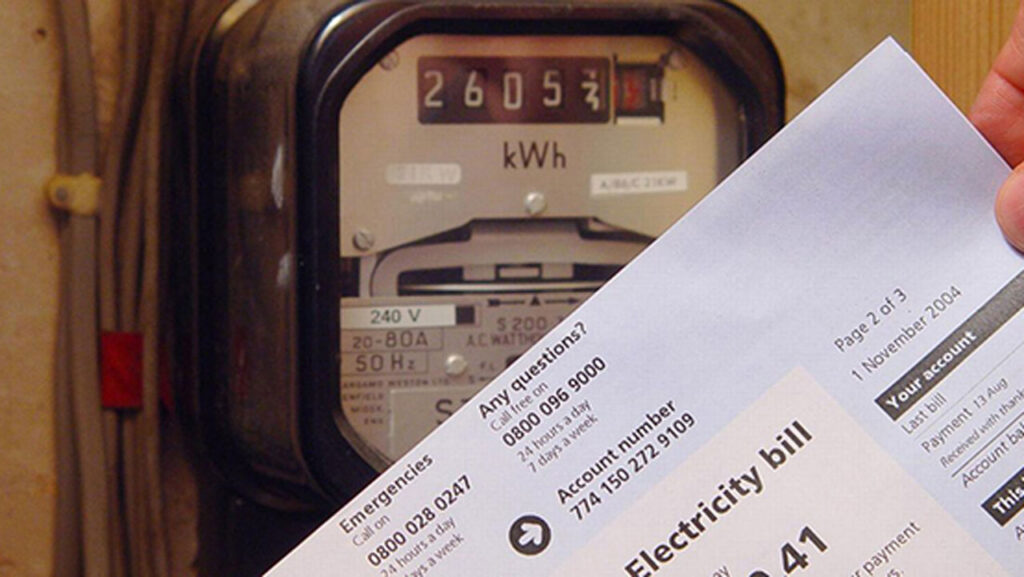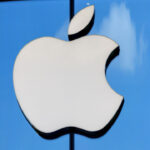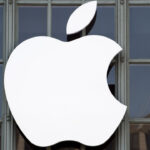
American technology firm, Apple Incorporated, has alerted its users in 92 countries on possible mercenary spyware attacks.
Apple in a notification email sent to users and seen by Reuters, said: “Attackers remotely tried to compromise the iPhone.”
Before now, the company posted on its website that its threat notifications were designed to inform and assist users who might have been targeted by “state-sponsored attackers.”
“Apple detected that you are being targeted by a mercenary spyware attack that is trying to remotely compromise the iPhone associated with your Apple ID -xxx-.
“This attack is likely targeting you specifically because of who you are or what you do. Although it’s never possible to achieve absolute certainty when detecting such attacks, Apple has high confidence in this warning — please take it seriously,” it wrote in the warning to affected customers.
Apple’s latest update on the website said threat notifications were designed to help users “who might have been individually targeted by mercenary spyware attacks.”
It also noted that such attacks have been historically associated with state actors, including private companies developing mercenary spyware on their behalf, such as Pegasus spyware from Israeli firm, NSO Group.
“Mercenary spyware attacks are exceptionally well-funded and they evolve over time. Apple relies solely on internal threat-intelligence information and investigations to detect such attacks.
“Although our investigations can never achieve absolute certainty, Apple threat notifications are high-confidence alerts that a user has been individually targeted by a mercenary spyware attack and should be taken very seriously.
“We are unable to provide information about what causes us to issue threat notifications, as that may help mercenary spyware attackers adapt their behaviour to evade detection in the future,” it said.
The iPhone maker advised those, who have received the alert to seek expert help, such as the rapid-response emergency security assistance provided by the Digital Security Helpline at the non-profit Access Now, Apple also provided general safety guidelines for all iPhone users.
According to the company, all users should continue to protect themselves from general cybercriminals and consumer malware by following best practices for security including users updating devices to the latest software, as that includes the latest security fixes. It equally urged them to protect devices with a passcode, stressing the importance of two-factor authentication and a strong password for Apple ID.
It urged users to install apps from the App Store and to use strong and unique passwords online.
Apple said users should not click on links or attachments from unknown senders.
It further warned that Apple threat notifications will never ask users to click any links, open files, install apps or profiles, or provide their Apple ID password or verification code by email or on the phone.













